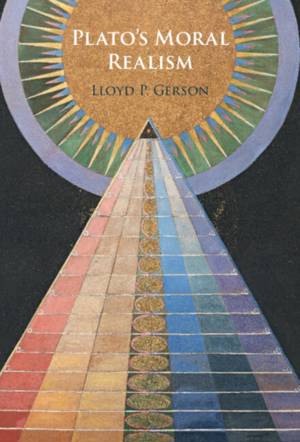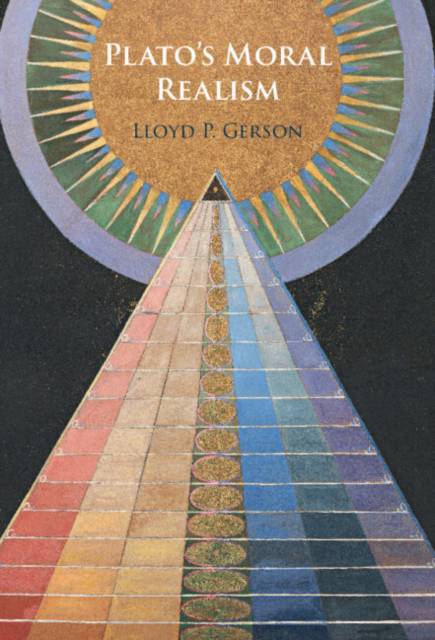
Je cadeautjes zeker op tijd in huis hebben voor de feestdagen? Kom langs in onze winkels en vind het perfecte geschenk!
- Afhalen na 1 uur in een winkel met voorraad
- Gratis thuislevering in België vanaf € 30
- Ruim aanbod met 7 miljoen producten
Je cadeautjes zeker op tijd in huis hebben voor de feestdagen? Kom langs in onze winkels en vind het perfecte geschenk!
- Afhalen na 1 uur in een winkel met voorraad
- Gratis thuislevering in België vanaf € 30
- Ruim aanbod met 7 miljoen producten
Zoeken
Omschrijving
Plato's moral realism rests on the Idea of the Good, the unhypothetical first principle of all. It is this, as Plato says, that makes just things useful and beneficial. That Plato makes the first principle of all the Idea of the Good sets his approach apart from that of virtually every other philosopher. This fact has been occluded by later Christian Platonists who tried to identify the Good with the God of scripture. But for Plato, theology, though important, is subordinate to metaphysics. For this reason, ethics is independent of theology and attached to metaphysics. This book challenges many contemporary accounts of Plato's ethics that start with the so-called Socratic paradoxes and attempt to construct a psychology of action or moral psychology that makes these paradoxes defensible. Rather, Lloyd Gerson argues that Plato at least never thought that moral realism was defensible outside of a metaphysical framework.
Specificaties
Betrokkenen
- Auteur(s):
- Uitgeverij:
Inhoud
- Aantal bladzijden:
- 274
- Taal:
- Engels
Eigenschappen
- Productcode (EAN):
- 9781009329989
- Verschijningsdatum:
- 24/08/2023
- Uitvoering:
- Hardcover
- Formaat:
- Genaaid
- Afmetingen:
- 152 mm x 229 mm
- Gewicht:
- 535 g

Alleen bij Standaard Boekhandel
+ 317 punten op je klantenkaart van Standaard Boekhandel
Beoordelingen
We publiceren alleen reviews die voldoen aan de voorwaarden voor reviews. Bekijk onze voorwaarden voor reviews.









